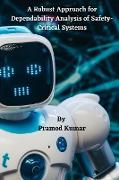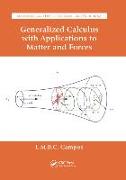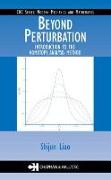- Start
- A Robust Approach for Dependability Analysis of Safety-Critical Systems
A Robust Approach for Dependability Analysis of Safety-Critical Systems
Angebote / Angebote:
The advent of software components in the safety-critical systems (SCS) has ventilated creative problems for software professionals to provide accumulated and increased software dependability as software is prone to failures. Poorly written SCS systems' code leads to failures that may be catastrophic and life-threatening. Therefore, the SCS systems must be adequately tested before deployment, and the probability of failure must be accurately predicted and quantified. Due to the safety significance of software used in SCS, researchers, academicians, and scientists have continued developing various dependability models for accurate software quantification. However, the existing models and approaches have certain limitations and assumptions that are not adequate and fair for SCS systems. Most of the present dependability models rely on the failure history to assess reliability. In addition, in order to develop software for SCS, it is necessary to research the variables that are likely to influence its dependability. After doing an exhaustive survey on dependability models for their applicability to SCS systems, we concluded that they need to be refined or transformed to overcome certain assumptions and limitations. Therefore, to assess and predict the various dependability attributes of an SCS before its deployment, the following methodologies are proposed: ¿ The traditional proposed models take into account the failure data for the dependability attribute evaluation. However, SCS is developed more systematically using international standards. Therefore, the failure rate of such systems is significantly less. Due to the scarcity of breakdown data, these models are unable to forecast SCS dependability. The proposed technique employs the Bayesian Belief Network methodology and provides a framework for predicting reliability. ¿ SCS systems should be not only reliable and safe but also be available as well as secure while under attack. The traditional methods do not allow for a thorough and accurate assessment of the many features. This study provides a way to analyze SCS reliability and availability, which considers the maintenance and repair of subsystem components. The system was modeled using PN and evaluated with the TimeNet tool to capture all requirement specifications and potential failure modes. ¿ Performance is one of the critical attributes of dependability in the case of SCS. The work provides a technique for analyzing SCS performance using Petri Nets modeling. The proposed approach uses the isomorphism property and translates the Petri Nets into the Markov model to assess performance metrics
Folgt in ca. 15 Arbeitstagen



